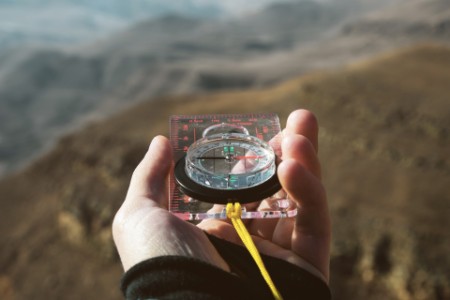Summary
According to the European Attractiveness Survey, 92% of international investors say that the availability of a workforce with technology skills is an important factor that determines where they invest. Our survey shows that the two most prominent upcoming trends are also related to technology: 85% of investors believe adoption of technology that automates human processes will accelerate in the next three years, while 81% believe digital access will become more dominant in customer services.
The logistics and manufacturing sectors have become key driving forces for the Romanian economy: for a second year in a row, logistics and manufacturing FDI projects are the most popular choices for investors for 2021. This underlines the Romania’s potential to become a manufacturing and logistics hub in the region.
Sustainability has resurfaced as an element of economic and social recovery, as the pandemic made businesses and consumers rethink their impact and reconsider the actions. We believe building a better working world, a world of environmental sustainability must involve governments, scientists, businesses and the society.


